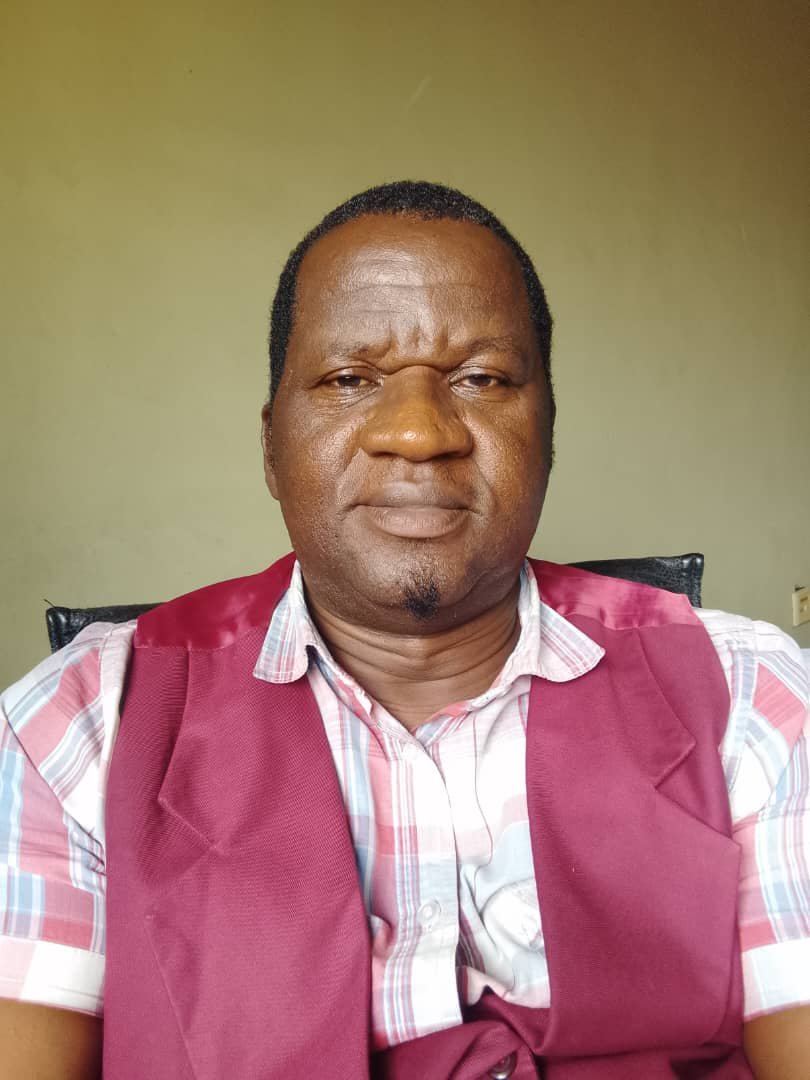- By Moshood Alawiye
In Nigeria’s ever-energetic public conversation, we often debate politics, economics, and religion. But beneath the noise lies a quieter, more difficult question — one about who gets to be seen, heard, and treated as fully human. Across this country, many Nigerians live at the edges of visibility — people whose differences, identities, or ambitions do not fit easily into established expectations. Some are young people struggling to reconcile their personal realities with laws and norms that deny them recognition. Others are women whose careers and dreams shrink under the weight of tradition. Together, they form what might be called the unseen Nigerians — those who live within society’s moral and cultural blind spots.
The Cost of Being Invisible
In 2014, Nigeria’s Same-Sex Marriage Prohibition Act made global headlines. Beyond prohibiting same-sex unions, it created a climate in which simply being perceived as “different” became dangerous. Many Nigerians withdrew further into silence, fearful of the law, the pulpit, and public opinion. Whatever one’s moral or religious stance, the result is clear in that, entire groups of citizens now live with constant fear of rejection, blackmail, and violence. It is a heavy burden for anyone to carry which is to feel that one’s country, culture, and community see your existence as a threat. The purpose of revisiting this issue is not to advocate for or against any lifestyle. It is to ask a deeper civic question: what does it say about a nation when difference itself becomes a crime?
Religion and culture are often cited in defence of exclusion. Yet both Christianity and Islam, Nigeria’s dominant faiths, place compassion at their core. “Love thy neighbour,” and “Do not judge, lest ye be judged,” are not mere scriptural slogans but are moral instructions. The challenge before us is not whether faith should guide society, but whether our interpretations of faith still reflect the mercy and humility we claim to value.
When Ambition Has a Gender
Exclusion takes other forms too — subtler, quieter, but just as costly. In Nigeria, a woman’s career and ambition are still often seen as temporary pursuits that must yield once marriage and motherhood begin. The unspoken assumption remains that a woman’s professional drive is admirable until it collides with domestic responsibility. This expectation, sometimes called the ambition tax, is paid daily by millions of women. It shows up in workplace discrimination, pay gaps, and social attitudes that praise men for working late but question women for doing the same. A man’s ambition is celebrated as family devotion; a woman’s is too often seen as neglect. The consequences go beyond individual frustration. When women’s potential is stifled, the entire economy loses out. Studies consistently show that societies with higher female participation in the workforce are more prosperous, innovative, and stable. Yet many Nigerian women still find themselves choosing between family loyalty and personal growth — a choice men are rarely asked to make.
Culture, Change, and the Courage to Rethink
The instinct to defend culture is understandable. But culture, by its nature, evolves. Our ancestors once justified practices — from twin killings to the exclusion of widows — that later generations rejected as unjust. Each reform was resisted in the name of “tradition,” yet history remembers those who had the courage to rethink. Today, our challenge is different but familiar which is how to uphold morality without losing humanity. To question a tradition or a law is not to reject it; it is to ask whether it still serves justice in our present reality. Faith and culture should guide us toward empathy, not away from it. True cultural pride lies not in how fiercely we exclude, but in how fairly we treat one another — especially those who cannot easily defend themselves.
A Nation of Shared Dignity
The way a society treats its most vulnerable says more about its moral strength than its rhetoric or religiosity. Whether it is the woman forced to abandon her career, the young man living in fear of rejection, or the child taught to hide their true self, the pattern is the same: we are too quick to judge, too slow to understand. No one is asking Nigerians to abandon faith, family, or tradition. The call is simpler: to see one another clearly. To accept that compassion does not weaken us; it dignifies us. A just Nigeria is not one where everyone must think or live alike. It is one where everyone can exist without fear — where a woman’s ambition is seen as strength, not rebellion; where moral conviction does not become a licence for cruelty; and where we recognise that every human life, however different, carries the same divine spark. The task before us is not to modernise our values but to humanise them. In doing so, we honour the best of our heritage — the belief that community, kindness, and fairness are the truest expressions of who we are.








